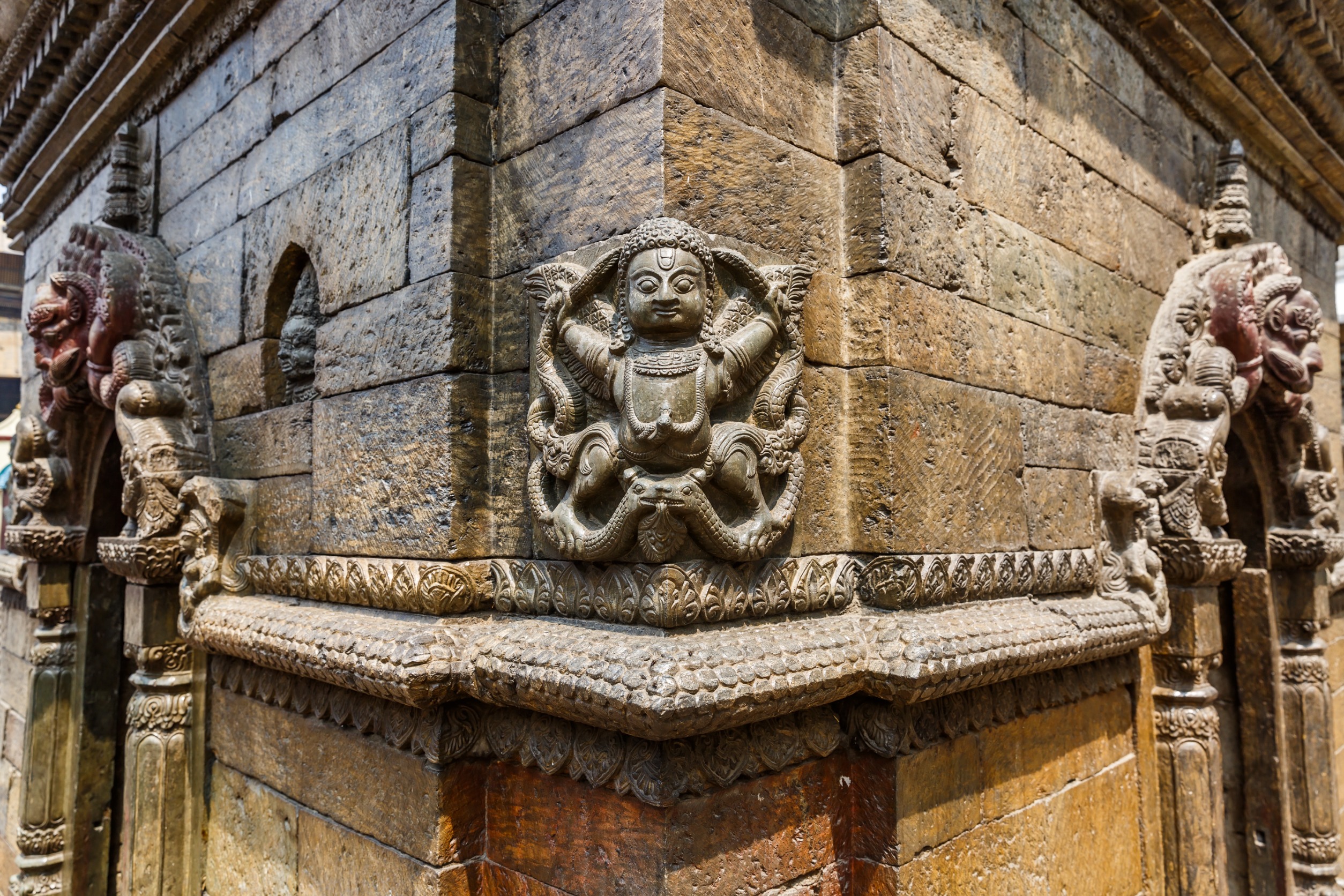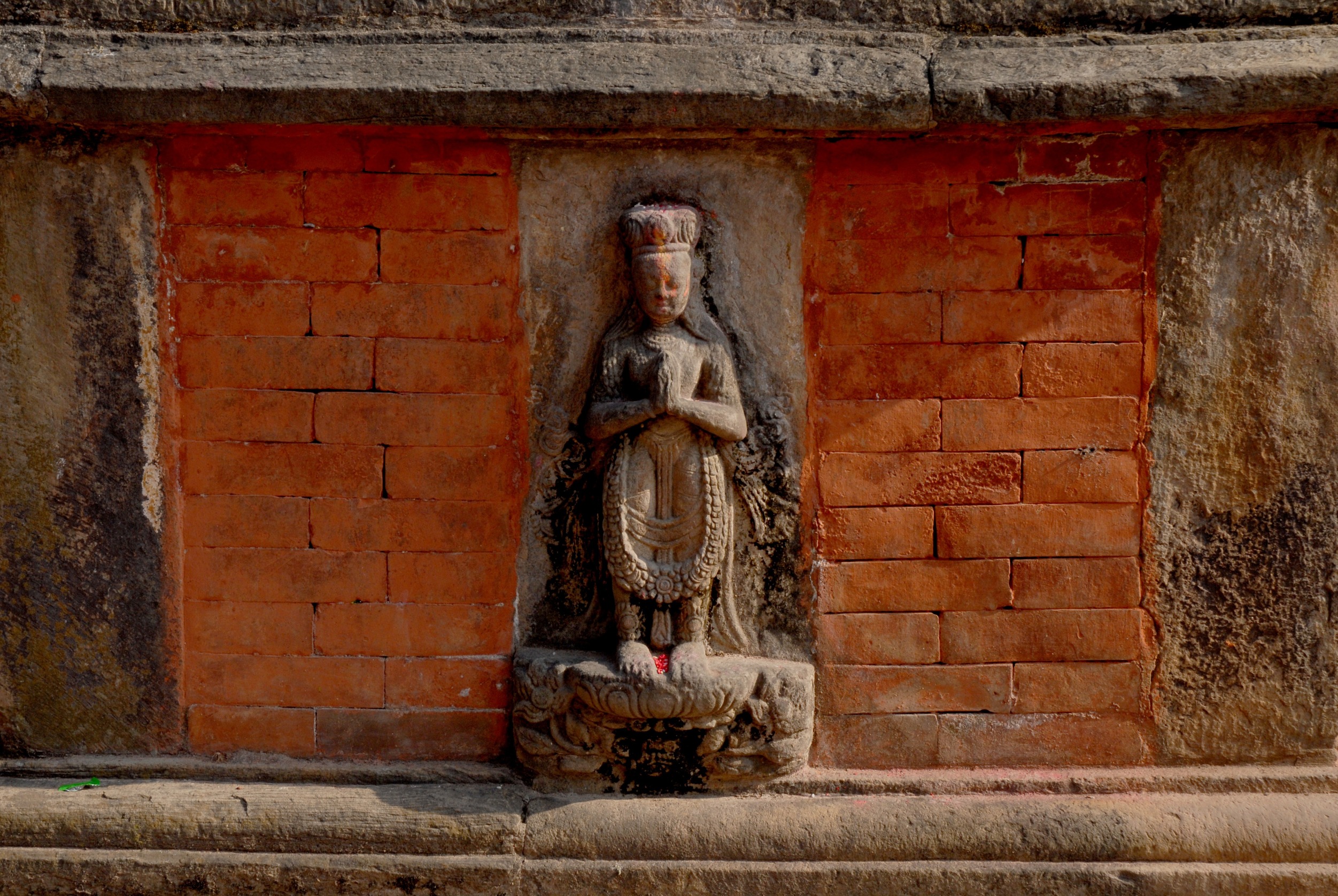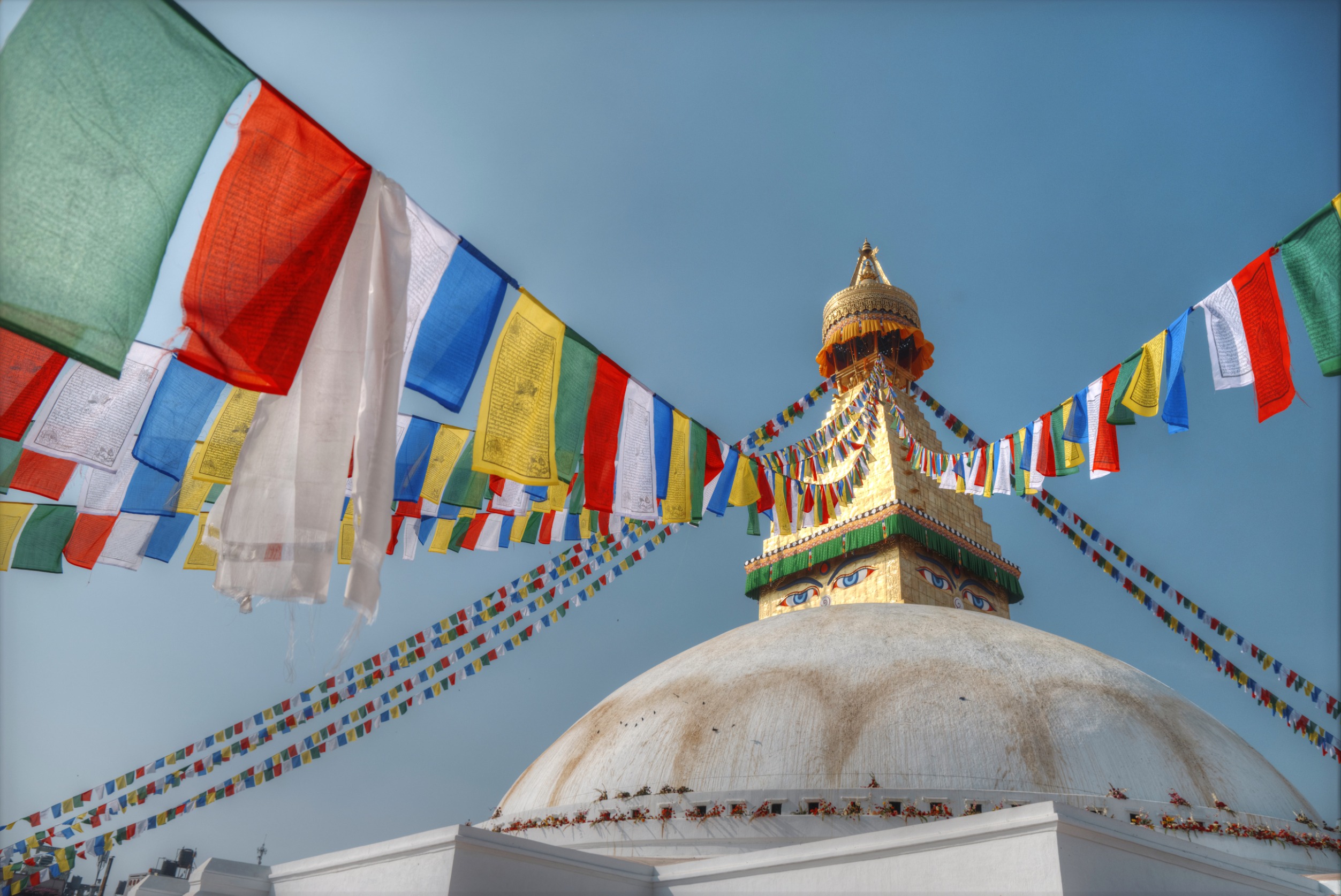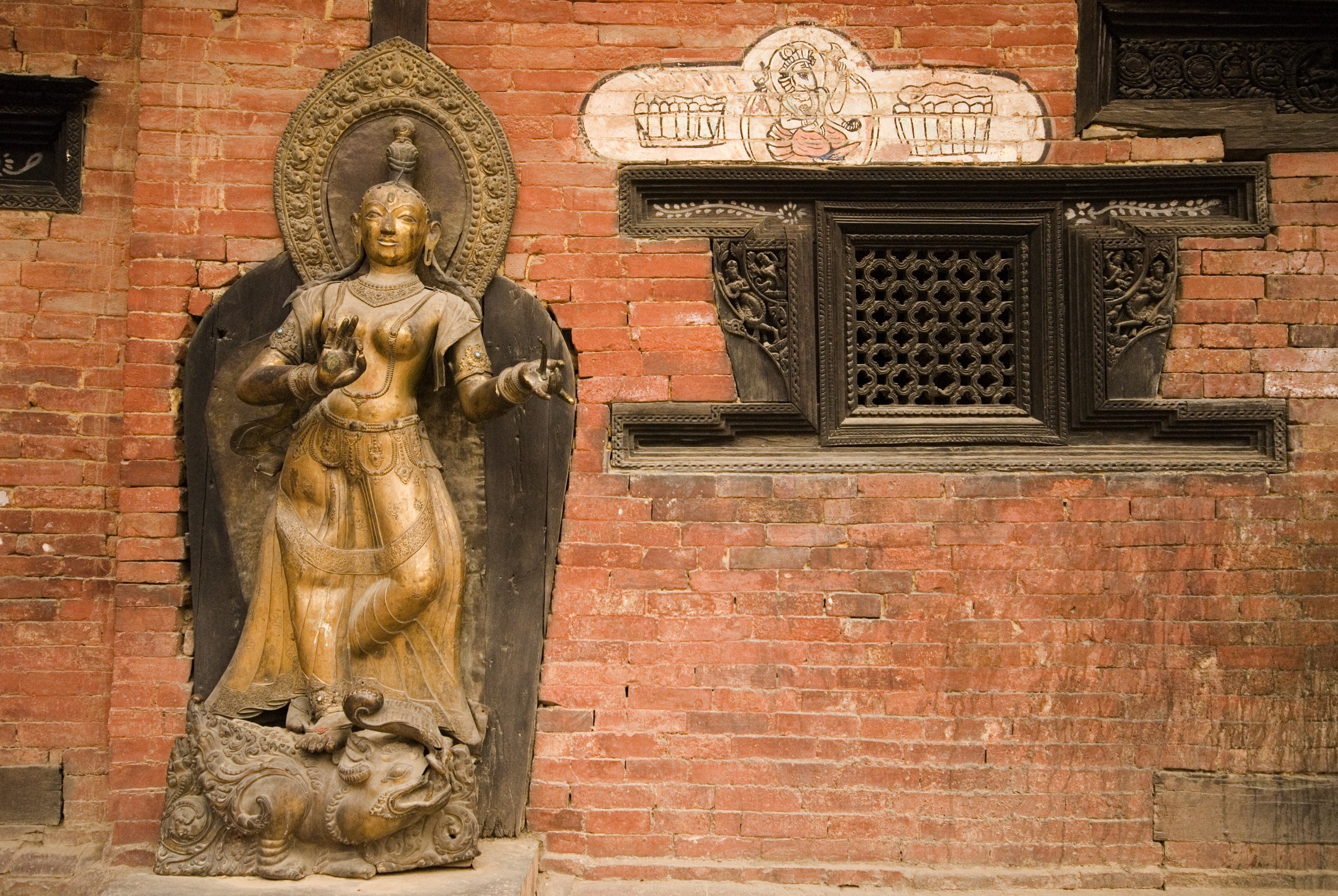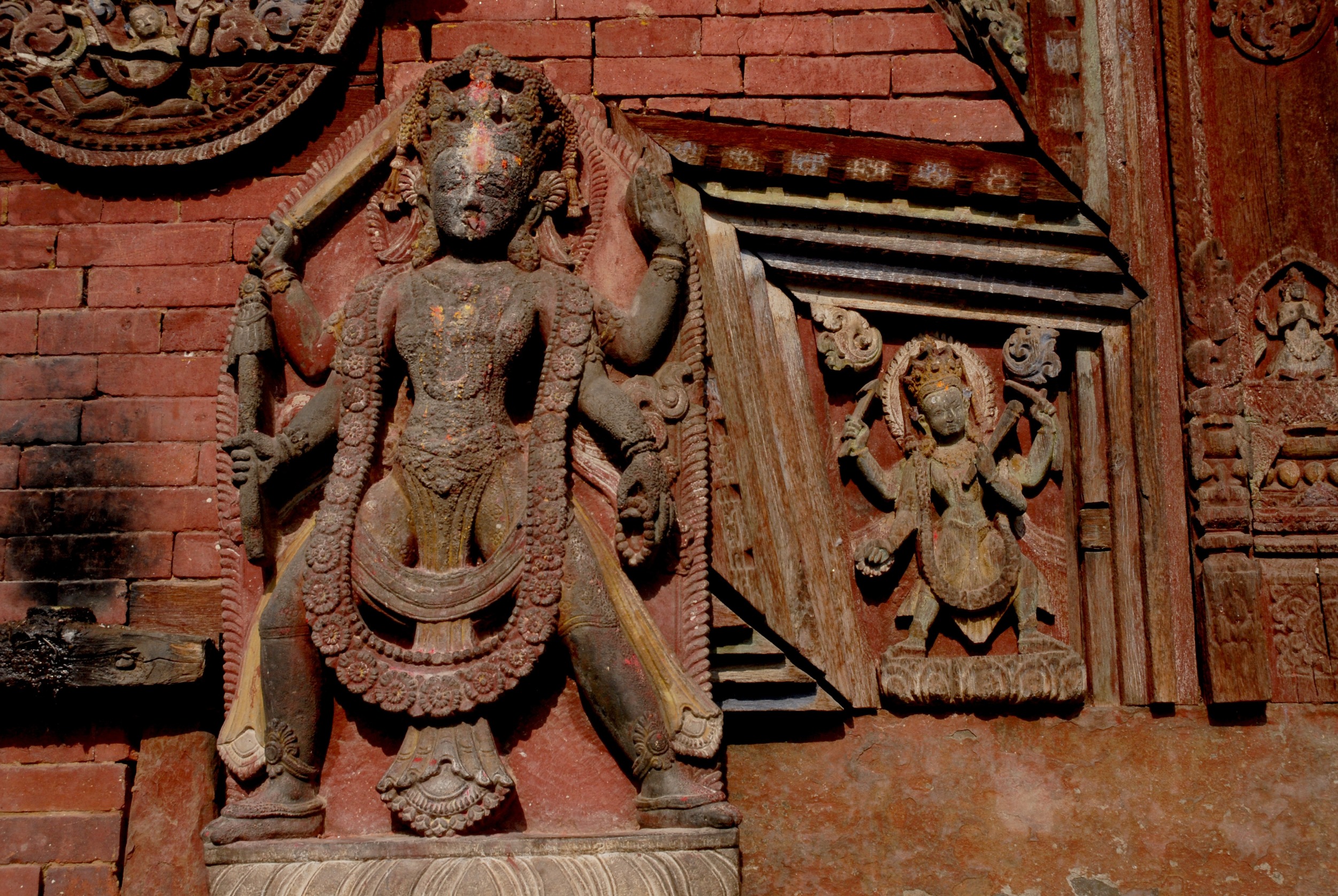Religious Traditions Of Nepal
Check out our work
Religious Traditions Of Nepal
Nepal boasts a rich and distinctive Buddhist heritage that spans centuries. This can be attributed to the profound reverence of the Nepalese people towards Buddha, who was born in the country’s Lumbini region, located in the capital city of Kathmandu, within the precincts of an ancient and renowned Shiva temple. In addition to this significant site, Nepal is also home to numerous other temples, monasteries, and sacred sites that cater to diverse religious groups.
Nepal is home to various philosophical and religious traditions that are celebrated by its people, including both Hindu and Buddhist beliefs. These include the Kashmir Shaivism and Tibetan Buddhism traditions, as well as various tantric practices.
However, it’s worth noting that the practice of animal sacrifices, which is a part of some tantric traditions, is not widely practiced in Nepal. Despite the existence of these traditions, the country has largely moved away from such practices, and they are not considered to be functional in modern Nepalese society.
Religious groups believe that Nepal, situated in the Himalayas, is the abode of the Gods and holds a special association with Lord Shiva. Over time, Nepal has made slight changes to the general categories of Buddhist stupas found at archaeological sites. The traditional family life in Nepal is deeply rooted in the customs and religious beliefs of both Hindus and Buddhists.


